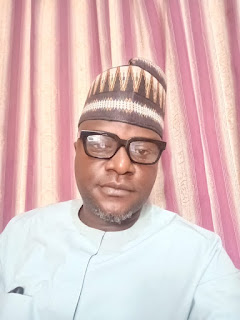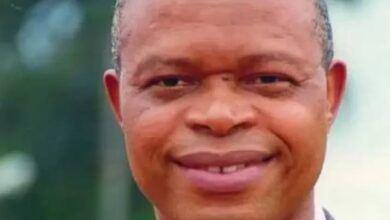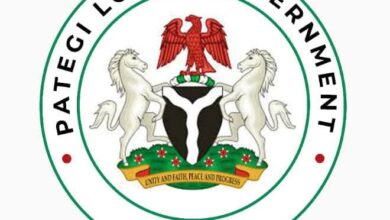
By Saliu Olanrewaju Lah
Happy 63rd Independence Anniversary to all Nigerians
Nigeria, as it celebrates its 63rd independence anniversary, is a nation that is indeed in search of its full potential. Since gaining independence from colonial rule in October 1960, Nigeria has shown immense promise and potential as a diverse and resource-rich country. However, several challenges have hindered the nation’s progress and prevented it from fully realizing it’s capabilities.
One of the primary factors limiting Nigeria’s progress has been systemic corruption and inadequate governance. Corruption has permeated various sectors of society, compromising institutions and undermining developmental efforts. This has resulted in a lack of effective service delivery, mismanagement of resources, and a significant loss of public trust.
Successive governments have done little or nothing to the fight against corruption.
The administration of former President Muhammadu Buhari has been described as one of the weakest governments in the political trajectory of Nigeria, a classical case of corruption during his tenure was the case of the Accountant-General of the Federation where he was accused of corruption case to the tune of 109 billion.
The former Central Bank Governor, Mr Godwin Emefiele is also currently being investigated on cases bordering on gross abuse of office and monumental corruption allegations.
Another significant challenge that Nigeria faces is the socio-economic divide. The nation is characterized by stark inequalities in income distribution and access to basic services. High levels of poverty, unemployment especially among it’s young population.
It is no news that about 133 million Nigerians are multidimensionally poor.
Inadequate infrastructure have hindered development and hindered the ability of citizens to thrive. It is essential for Nigeria to prioritize inclusive economic growth, focusing on job creation, poverty reduction, and investment in critical sectors such as education and healthcare.
Furthermore, security concerns pose a significant obstacle to the nation’s progress. Nigeria has faced various internal conflicts, including insurgency in the northeast, communal clashes, and incidents of criminality. These security challenges not only endanger lives but also deter investors and undermine social cohesion. The security situation in Nigeria has remained an albatross to it’s developmental efforts.
Most families in Nigeria today now live in Internally Displaced Camps and their means of livelihood have been destroyed by the activities of bandits and terrorists.
Moreover, diversifying the economy away from over-dependence on oil is crucial for Nigeria’s long-term growth. While endowed with abundant natural resources, the nation has historically relied heavily on oil exports, making it vulnerable to global price fluctuations and economic shocks. A concerted effort to promote sectors such as agriculture, manufacturing, technology, and tourism can stimulate economic growth, create employment opportunities, and reduce dependence on oil revenue.
Investment in education and human capital development is also vital for Nigeria’s transformation. Equipping the younger generation with quality education, technical skills, and entrepreneurial opportunities will empower them to be active contributors to the nation’s development. Emphasizing innovation, research, and development can further unlock Nigeria’s potential, fostering a knowledge-based economy and attracting investment in high-value industries.
Lastly, fostering unity, inclusivity, and good governance is essential for Nigeria’s journey towards realizing its full potential. The nation is home to diverse ethnic, religious, and cultural groups, and harnessing this diversity as a strength rather than a source of division is crucial. Ensuring equitable representation, promoting social justice, and protecting human rights are fundamental for fostering a cohesive society that can work together towards common goals.
In conclusion, Nigeria, at 63 years old, is a nation that has immense potential but is grappling with numerous challenges. By addressing issues such as corruption, inequality, insecurity, economic diversification, education, and governance, Nigeria can unlock its full potential and pave the way for a brighter and prosperous future. It requires concerted efforts from all stakeholders – government, citizens, civil society, and the international community – to collectively work towards realizing Nigeria’s aspirations and fulfilling its promise as a great nation.
Saliu Olanrewaju Lah is a freelancer, and an advocate of good governance writes from the ancient city of Ilorin
lanrelah@gmail.com





